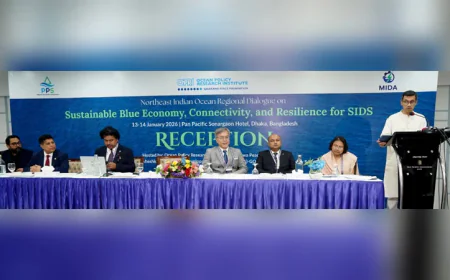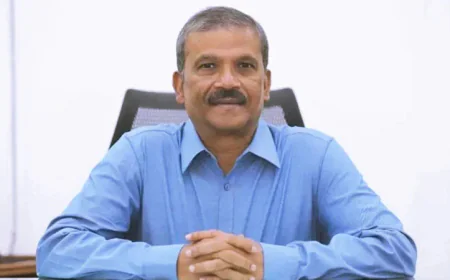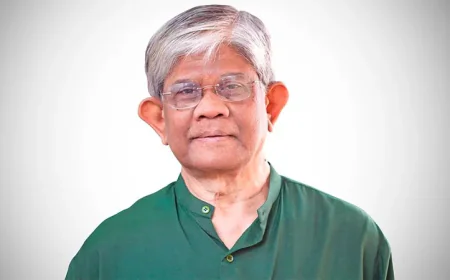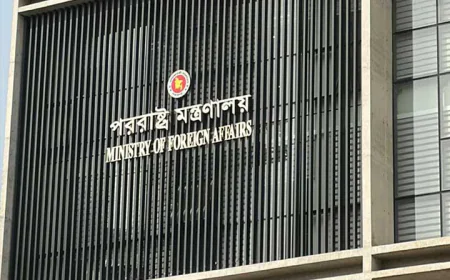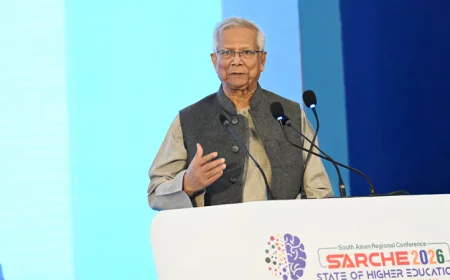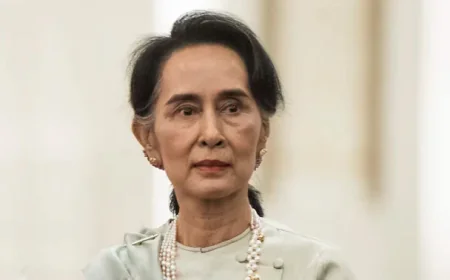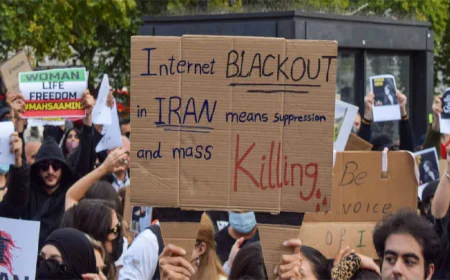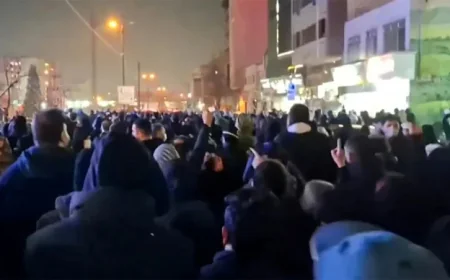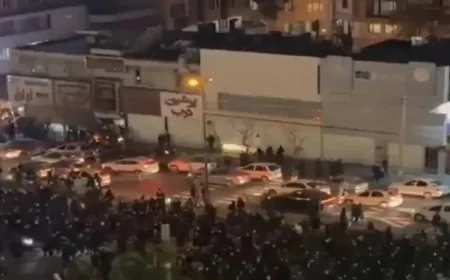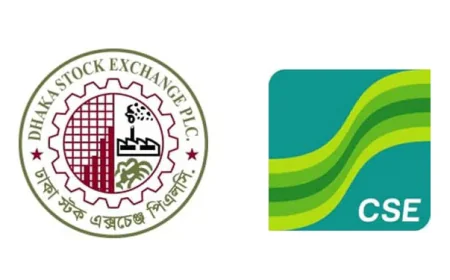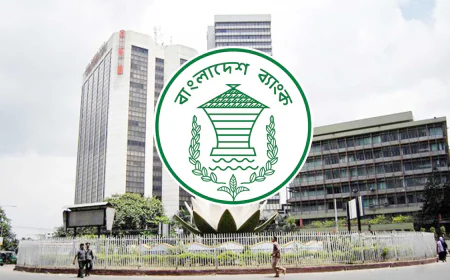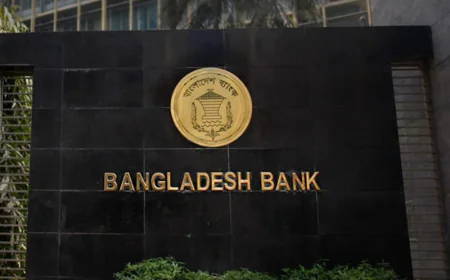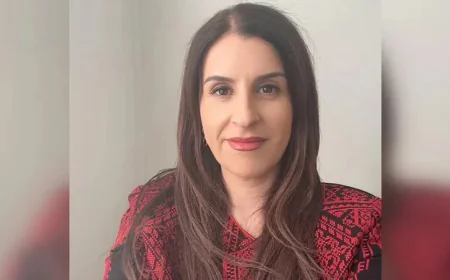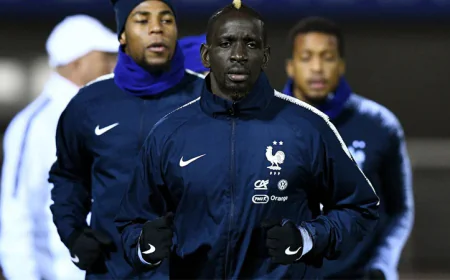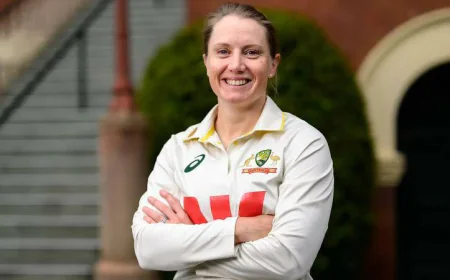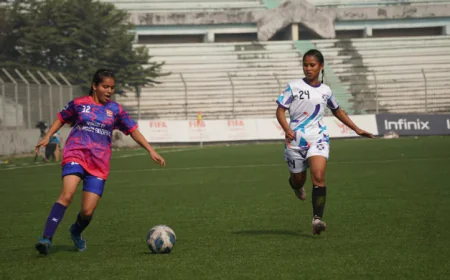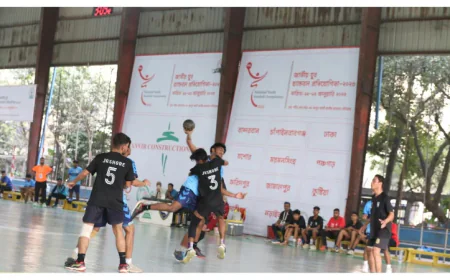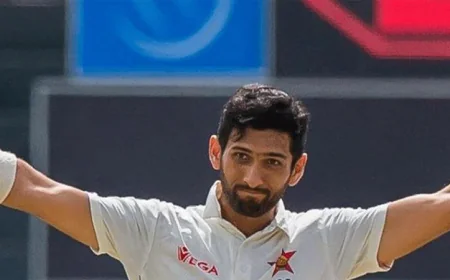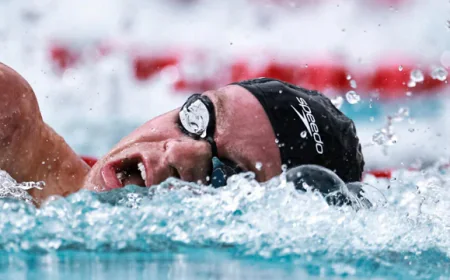War-Torn Sudan’s Premier League Triumphantly Returns Amid Cheers
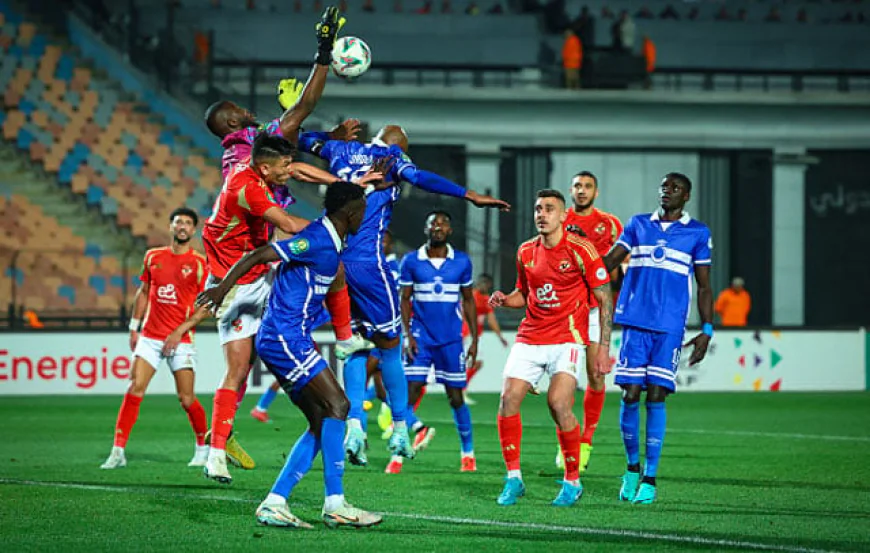
In the Sudanese town of Berber, hundreds of kilometres away from the frontlines of war, a modest stadium seems to shake with the roar of football fans jumping to their feet. "It's a wonderful feeling, it's indescribable, to see this beautiful return," football fan Ahmed Taj told AFP from the sidelines of the penultimate league match between newly-crowned champions Al-Hilal and Hay al-Wadi. "We're so happy to see Al-Hilal come back, to see Sudanese football come back, after everything we've lost in the past two years," he added. Since April 2023, war between Sudan's regular army and the paramilitary Rapid Support Forces has killed tens of thousands and made Sudan the scene of the world's largest hunger and displacement crisis. But for a few hours each week in July, the country seemed to pause during match time, a welcome respite for a population buffeted between mass displacement, starvation and death. The first Sudan Elite League in two years was held in River Nile state, about 300 kilometres (185 miles) northeast of the war-ravaged capital Khartoum.
In small stadiums in the cities of Atbara, Berber and al-Damer, teams faced off on pitches streaked with massive brown patches as dozens of fans cheered from the bleachers. Despite Atbara's power stations and army bases coming under drone strikes -- most recently last month -- the area is still considered safer than Khartoum. The season reached its climax on Tuesday as the country's favourite teams -- rivals Al-Hilal and Al-Merrikh -- met in a title-deciding match-up. Al-Hilal claimed victory and finished top of the table, with second-placed Al-Merrikh also qualifying for the African Champions League. For Al-Hilal's celebrated captain and national team striker Mohamed Abdel Rahman, playing on Sudanese soil, even if not on his home turf in the capital, was thrilling. "We're so happy to be home, playing in front of our fans," he told AFP on the pitch before kick-off in the crucial encounter with Hay al-Wadi last Wednesday. Both Al-Hilal and Al-Merrikh had been forced to compete abroad, participating in the Mauritanian league last season.
Al-Hilal reached the quarter-finals of this year's African Champions League, cheered on from afar by street celebrations back home. "We're giving our all to make our fans happy, to offer some joy," the forward added. But not everyone can go home. All but one of this year's eight competing teams -- down from the usual 24 -- are based in cities under army control. Hay al-Wadi hail from the South Darfur state capital Nyala, under paramilitary control and regularly targeted by military air strikes. Sudan's vast western Darfur region has witnessed some of the war's worst violence, with entire displacement camps besieged, bombed and burned to the ground. For captain Jibril Mohamed Nour, the league has been bittersweet. "I can't even believe it... it's an indescribable feeling to play again," the Darfur native told AFP before taking on Al-Hilal. "But we miss our fans, we miss our hometown, we can only hope we'll be able to go back soon." Since the war began, his team has trained in Saudi Arabia, only returning weeks before the championship kicked off.
Even with some of the players out of practice and facilities hardly top-tier, Sudanese football is on the rise, according to the league's only foreign coach, the Egyptian Shawky Gharib who helms Al-Merrikh. "The fans are here, the players are here... as long as we can play and there's a system in place, the infrastructure, everything can be fixed," he told AFP. For his part, Sudan Football Association board member Mohamed Abdel Samee beams with pride that the association "insisted on holding the championship". "As soon as it wraps, we're planning next season, when we hope every team will be able to play in their hometown." Yet there is no end in sight to the war, and even in army-controlled areas millions suffer hunger and lack of services.
